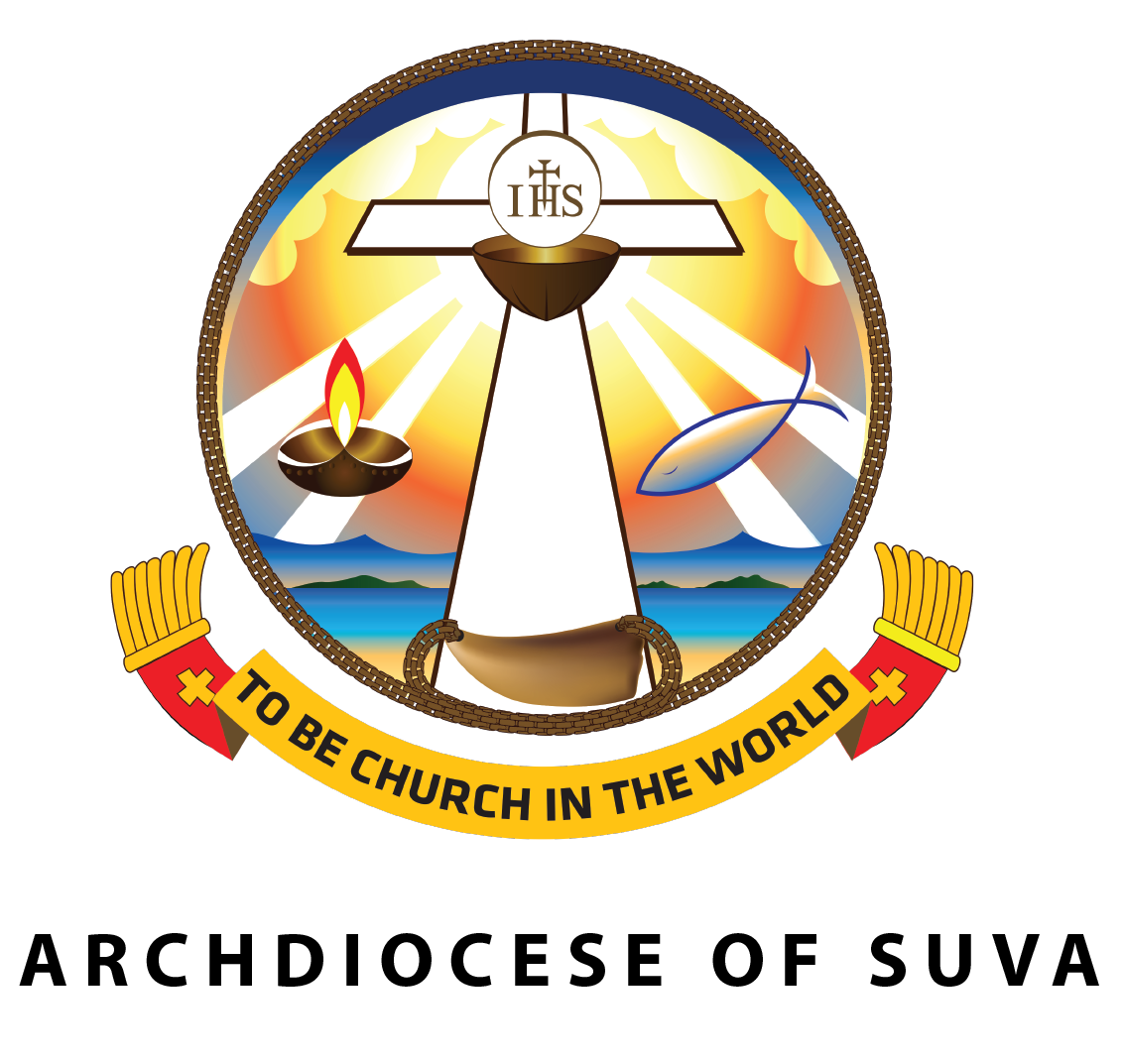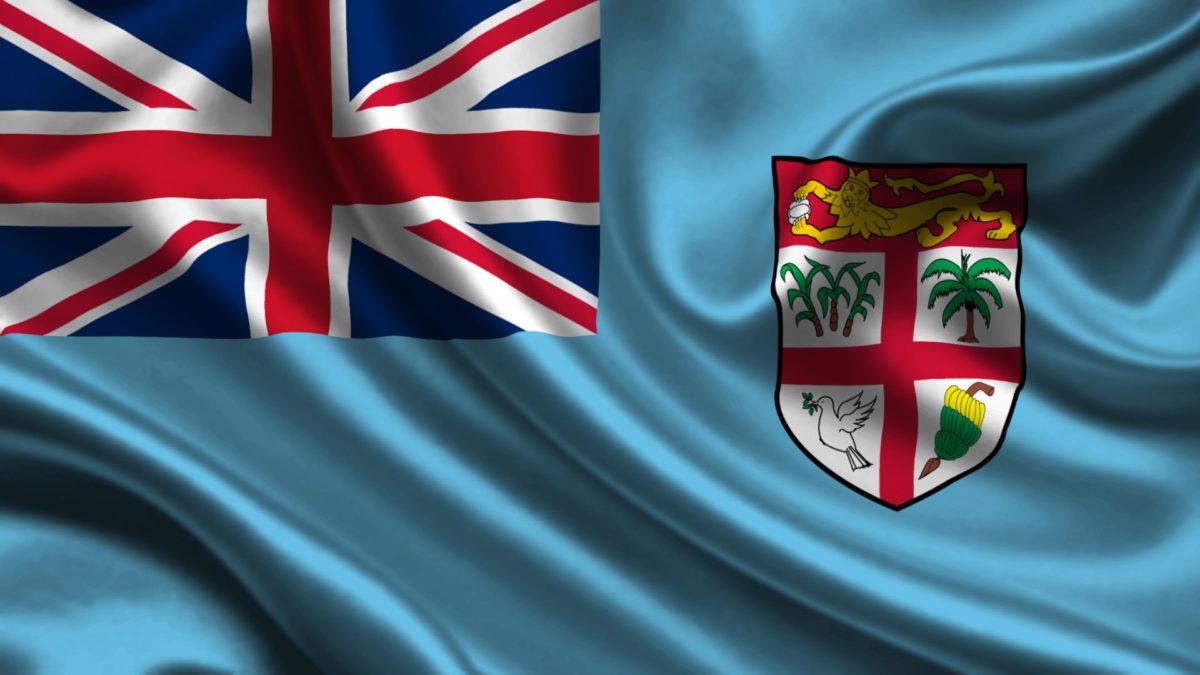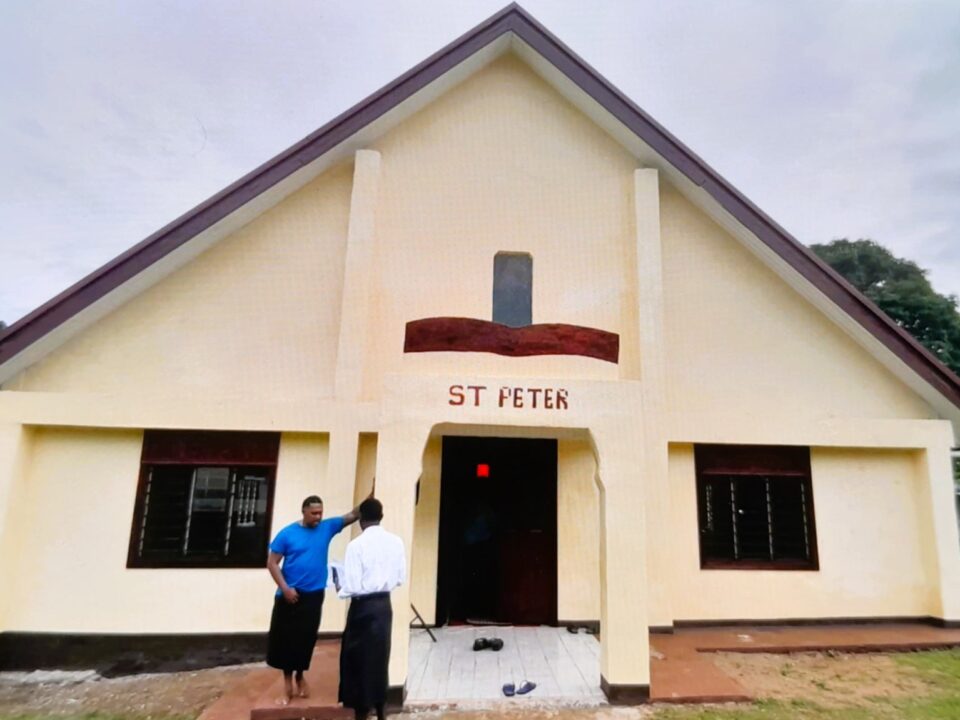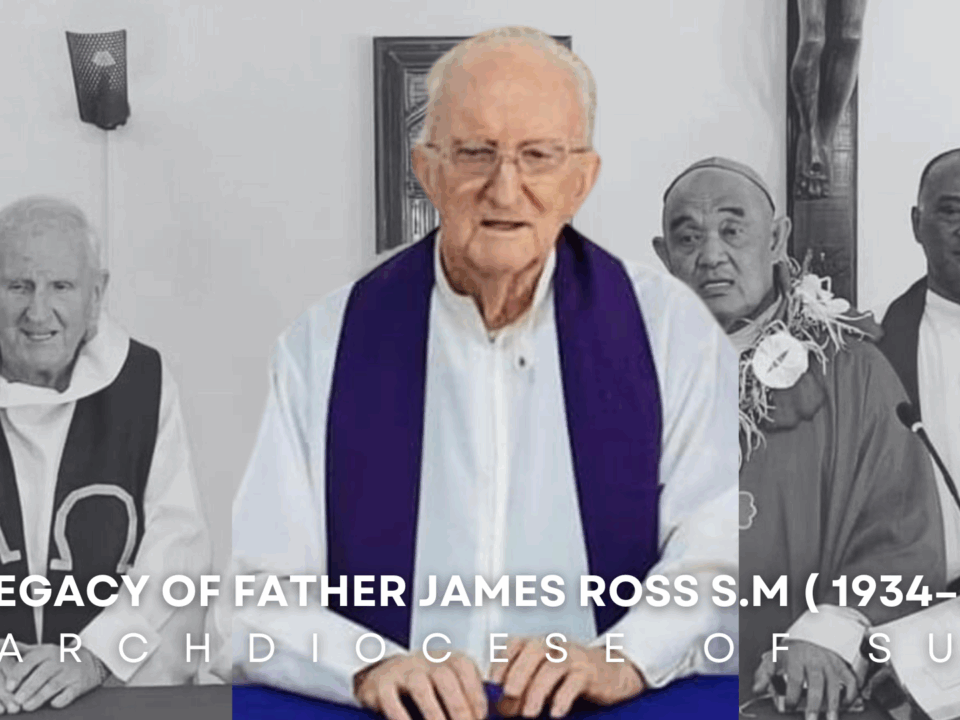TOWARDS A DEMOCRATIC AND JUST FIJI
This year, Fiji celebrates 50 th Anniversary of independence from British colonial rule. The British Colonial administration used the ‘indirect rule policy’, the native rule policy to rule
over natives. Through the indirect rule policy, the colonial government incorporated the chiefs into the colonial administration. In other words, the colonial administration ruled over
the Itaukei through their chiefs. Political literature names this form of power as ‘patron- client’ politics. Fiji Independence Day should therefore mark, not only the end of British rule but also patron-client politics.
When Fiji became independent in 1970, the colonial administration had already introduced patron-client politics to the Fijian people. My research showed that patron-client politics
continued through the independent era to today. Under patron-client political framework, the chiefs, the military, senior military officers and sometimes Church became the clients of the ruling government. Therefore, while Fiji became an independent nation, she continues the colonial form of power, namely patron-client. In Africa, they say that ‘we are independent
but not democratic.’ We are independent from British rule but we still carry on the colonial form of power and hence, we are not democratic.
Today globalization is a new form of colonialism. A thread that runs through all globalization discourses is increasing connectivity. The boom of information and communication technologies (ICT) form part of the infrastructure of globalization in finance, capital mobilityand export-oriented business activity, transnational communication, migration, travel, and civil society interactions.
Through globalization, the world has become so intensely interconnected in its actions that local boundaries have broken down. Globalization created a homogeneous culture. Increasingly, what happens economically, politically, and socially in a country will
significantly influence other countries and their citizens. People, money, and products move around the world with ease, intensity, and at a high velocity, bringing dramatic cultural changes. Many writers on globalization declare that the world has shrunk into a highly interconnected village.
Historical Development of Globalization
Globalization emerged from the economic crisis after the Second World War. In July, 1944, the world’s leading economic players, economists, politicians, bankers, and prominent representatives of corporations met in Bretton Woods, New Hampshire, to map out the future of economic development. They argued that to avoid another worldwide depression, we need a global corporation with new bureaucracies and new rules of free trade. The Bretton Woods meeting gave birth to globalization and the institutions that would become instrumental in promoting its vision, in particular the World Bank (originally called the International Bank of Reconstruction and Development) and the International Monetary Fund (IMF).Under globalization, the World Bank and IMF are the superpowers controlling economics and politics throughout the world. They have taken over the sovereign authority that countries have traditionally held over their nation, by breaking national, cultural, and geographic boundaries. In fact, many governments are forced to serve the multinational corporations rather than the people that elected them. Globalization measures economic development in terms of profits and monetary wealth and argues that this will help alleviate poverty.
David Korten’s book, When Corporations Rule the World, sees globalization as the attempt to integrate the world into a single borderless global economy in which the world’s
mega-corporations are free to move goods and money anywhere in the world that affords an opportunity for profit, without governmental interference. In the name of increased efficiency, the globalization seeks to privatize public services.
The free market is the root metaphor for economic globalization. Companies demand for full and free control over resources, production, and trade. Therefore, nations have to give corporations freedoms in marketing and trade. This means eliminating laws that would in anyway hinder the economic activities of corporations. Unfortunately, in many cases this means relaxing laws that protect human dignity, nature, the environment, and the community as a whole. Corporations demand total freedom for their economic activities, so much so that they displace the government in terms of decision-making and setting policies for development.
Corporations became the sovereign power and decision-maker. The corporations and supporters of foreign investment argued that profits will be shared with governments and
communities and help alleviate poverty. However, history shows this is not true. Globalization robs nations, families, and local indigenous communities of their resources and livelihood.
Globalization and the Governance of Nation-State
A characteristic of globalization in Fiji is the power of multinational corporations over the government. Corporations are powerful and do not recognize any border. As Held and McGrew write, a multinational corporation “defines a borderless economy in which the power of governments to manage the national economy is being eroded.” This is especially true for Third World countries like Fiji that do not have the resources to stand autonomously in terms of economic development. They become easy victims for economic domination by multinational corporations. Local governments are often advised by the Bretton Woods institutions that if they are to benefit from IMF and WB policies, they need to abide by the
institution’s structural adjustment programs. Local governments are to give corporations a free market that frees up resources for exploitation. Local governments become servants of
the multinational corporations rather than the people that elected them. This is obvious in how the Fijian government provides free market to companies, especially extractive
industries.
Catholic Social Teaching and Globalization
To respond to the negative impacts of globalization, the Catholic Social Teaching upholds two principles for genuine democracy, participation and subsidiarity.
1. Participation
Pope Paul VI identified participation and equality as fundamental foundations of human dignity and freedom. He taught that there is a basic drive in human beings as they seek greater development, that is, to share responsibility in decision making that shape their individual and collective future. Globalization suffers from a ‘democratic deficit’. Globalization has two fault-lines in
decision making:
a. Local communities do not get an adequate hearing. Decision about trade, foreign debt, and capital investments are made with little or no input from the majority of the people affected.
b. Divide between the elites and local communities and even entire states lack true participation
In sum, the democratic deficit of globalization means that large numbers of world’s peoples do not participate in a meaningful way in decisions that will directly bear on their well-being.
2. Subsidiarity
The principle of subsidiarity calls for local communities to assess, decide, and act at the most local level possible while still being effective in securing the common good. The state should take over duties and responsibilities that local communities can carry out themselves. In globalization, nation states have not disappeared but they now operate within a different context. Nation states retain power, but they must wield that power in collaboration with other powerful nations and multination corporations. In reality, it is the multinational corporations’ that rule the world.
Catholic Social Teaching calls for:
– New forms of governance and true political authority.
– Creation of new institutions and practices for managing a new world order.
– Globalization must be regulated and directed.
Call for New World Order: Another World is Possible
John Paul II urgently calls for a new world marked by the following:
– A new constitutional organization for the human family, truly capable of ensuring peace and harmony between peoples.
– An urgent need for participatory ways for exercising political authority, even international political authority, and for transparency and accountability at every level of public life.
– That globalization serves authentic human development. Pope Benedict XV urgently called for a true political authority He said, what is needed is a new political globalization that matches, counters, humanizes economic globalization.
The Catholic Church has two key roles in Fiji’s political history:
1. To set forth the requirements of just social action set forth in the Bible and Catholic Social Teaching;
2. To denounce social, economic, or political actions and structures in the name of justice and Kingdom of God.
The Church wants to build a just society and it seeks to do so on the solid foundation of four fundamental values: Truth, Freedom, Justice and Love. In its commitment to a just society, the Catholic Church seeks to enhance true democracy in Fiji.
It is not the Church’s role to replace the state and politics. Neither is it the Church’s role to make policies; rather, the Church seeks to inspire the state and, in particular, its political institutions with the beauty and goodness of Catholic Social Teaching to bring about a more just society.
On behalf of the Catholic Church we offer our best wishes to all Fijian peoples on the 50 th Independence Anniversary. The Catholic prays and will help Fiji becomes a truly independent, democratic and just society where the principles of participation, subsidiarity,
human dignity and freedom is practiced.
+ Archbishop Peter Chong




